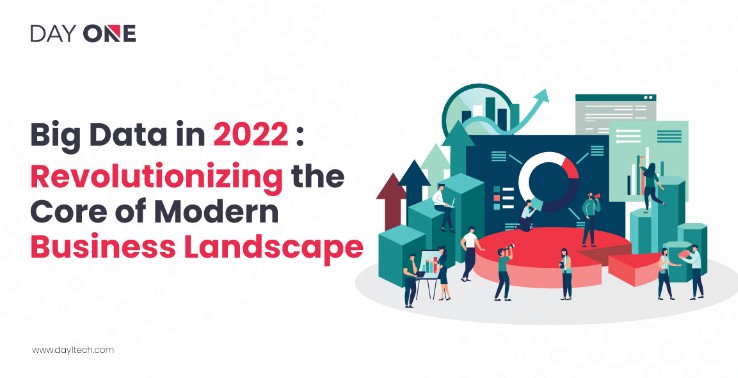The healthcare industry is undergoing a transformation thanks to the power of big data and analytics. By collecting and analyzing vast amounts of patient data, healthcare providers can gain insights into patient needs and preferences, identify trends and patterns, and develop more effective treatments and therapies. In this article, we’ll explore how big data and analytics are revolutionizing healthcare and medicine, and the benefits they offer for patients and healthcare providers alike.
The Role of Big Data in Healthcare
Big data has the potential to transform the healthcare industry in a number of ways:
Improving Diagnosis and Treatment
By collecting and analyzing large amounts of patient data, healthcare providers can gain insights into patient needs and preferences, and develop more effective treatments and therapies. For example, big data can be used to identify patterns in patient symptoms and medical histories that may be indicative of a particular condition, allowing doctors to make more accurate diagnoses and develop more effective treatment plans.
Enhancing Research and Development
Big data can also be used to drive innovation in healthcare by providing insights into disease progression and treatment effectiveness. By analyzing large datasets of patient information, researchers can identify trends and patterns that may not be apparent in smaller datasets, and use that information to develop new treatments and therapies.
Improving Operational Efficiency
Big data can also be used to improve the operational efficiency of healthcare providers by optimizing resource allocation, reducing waste, and improving patient outcomes. By using predictive analytics, healthcare providers can anticipate patient needs and allocate resources accordingly, reducing wait times and improving patient satisfaction.
The Benefits of Analytics in Healthcare
Analytics can help healthcare providers deliver better patient care and improve overall outcomes in a number of ways:
Predictive Analytics
Predictive analytics can help healthcare providers anticipate patient needs and intervene before a problem becomes more serious. For example, predictive analytics can be used to identify patients who are at high risk for readmission or complications, allowing healthcare providers to intervene early and reduce the likelihood of adverse outcomes.
Real-Time Analytics
Real-time analytics can help healthcare providers monitor patient health in real-time and respond to changing conditions quickly. For example, real-time analytics can be used to monitor patient vitals and detect changes that may indicate a problem, allowing healthcare providers to intervene quickly and prevent complications.
Patient Engagement
Analytics can also be used to improve patient engagement and satisfaction. By collecting and analyzing patient feedback and experience data, healthcare providers can identify areas for improvement and develop strategies to enhance the patient experience.
Best Practices for Leveraging Big Data and Analytics in Healthcare
In order to successfully leverage big data and analytics in healthcare, providers should follow some best practices:
Protect Patient Privacy
Given the sensitive nature of patient data, it’s critical that healthcare providers take steps to protect patient privacy and ensure that data is only used for legitimate purposes.
Invest in Data Quality
The quality of the data collected is critical to the success of any big data and analytics initiative. Healthcare providers should invest in tools and processes that help ensure data accuracy, completeness, and consistency.
Focus on Interoperability
Healthcare providers should focus on interoperability when collecting and analyzing patient data. This means ensuring that data can be easily shared between different systems and providers, which is essential for delivering coordinated, patient-centered care.
Engage Patients
Healthcare providers should engage patients and encourage them to play an active role in their own care. This can include collecting patient feedback and experience data, and using that information to improve the patient experience.
Conclusion
Big data and analytics are revolutionizing the healthcare industry by providing healthcare providers with insights into patient needs and preferences, and enabling the development of more effective treatments and therapies. By following best practices for leveraging big data and analytics in healthcare, providers can deliver better patient care, improve operational efficiency, and reduce costs, all while protecting patient privacy and ensuring data quality. As the healthcare industry continues to evolve, the power of big data and analytics will become increasingly important in driving innovation and improving patient outcomes.
Read More :
- Big Data and Analytics in Marketing: Leveraging Data to Drive Better Customer Engagement
- Big Data and Analytics : The Key to Unlocking Your Business’s Potential
- Big Data and Education : How it’s Changing the Way We Teach and Learn
- Big Data and Healthcare : How it’s Revolutionizing Patient Care
- The Benefits of CRM Applications for E-Commerce and Online Businesses
